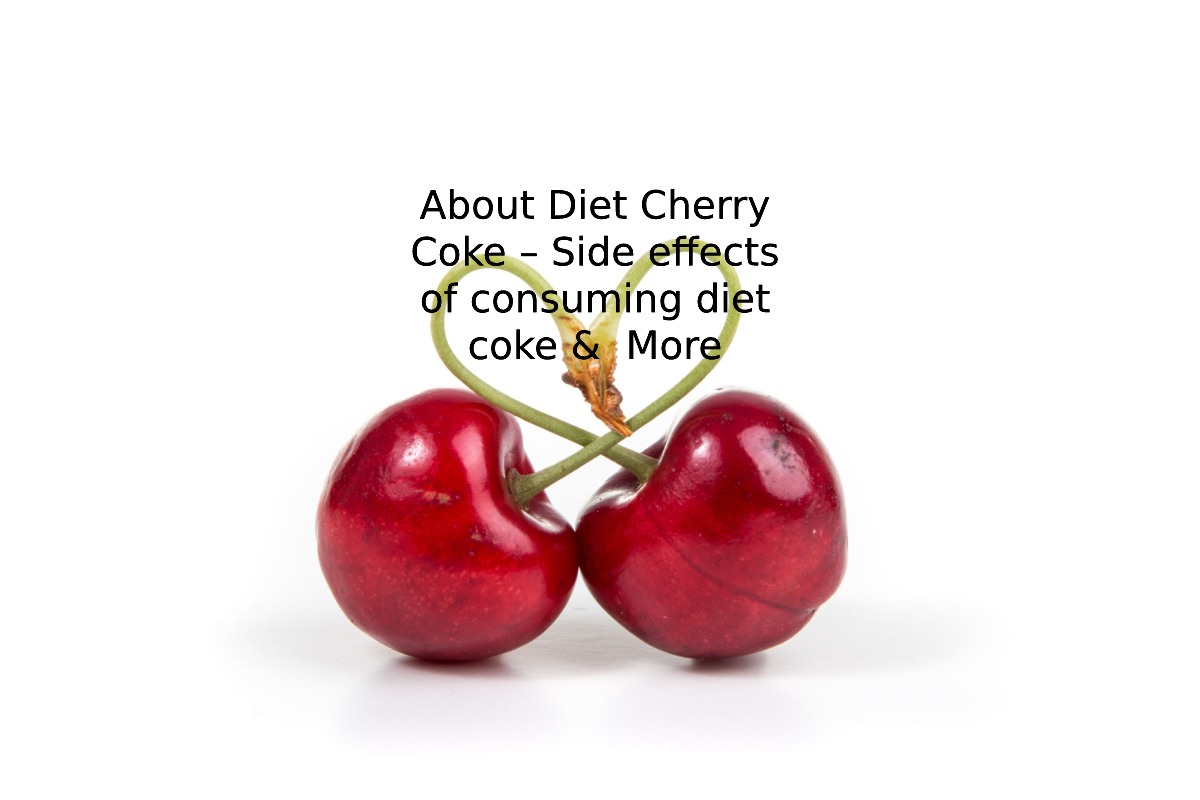Table of Contents
Diet cherry coke
Diet Cherry Coke” redirects here. Coca-Cola Cherry (marketed initially as Cherry Coke) is a cherry-flavoured version of Coca-Cola. It is produced and distributed by The Coca-Cola Company and its bottlers in the United States and some international markets. For the historic house in the United States, see Cherokee.
Long before its official introduction in stores in 1985, many diners, movie theatres, and drugstore soda fountains dispensed an unofficial version by adding cherry-flavoured syrup to Coca-Cola. The Coca-Cola Company first began testing its official Cherry flavoured version of Coke and other flavours on audiences visiting the 1982 World’s Fair in Knoxville, Tennessee. Cherry Coke then entered mainstream production in the U.S. during the summer of 1985. Cherry Coke had been renamed Coca-Cola Cherry in the U.S. and some other countries, was the third variation of Coca-Cola at that time – the others being regular Coca-Cola and Diet Coke – and the first flavoured Coke.
8 Potential Side Effects of Consuming Diet coke
A growing body of evidence suggests that diet soda consumption correlates with an increased risk of a wide range of medical conditions, notably: heart conditions, such as heart attack and high blood pressure. Metabolic issues, including diabetes and obesity. Brain conditions, such as dementia and stroke.
- It could disrupt gut health.
- Erodes tooth enamel.
- It May cause headaches.
- It could decrease bone density.
- It may affect heart health.
- It might be associated with sugar cravings.
- It might be related to weight gain.
- It may be linked to type 2 diabetes.
Things you didn’t know about Diet Coke
The phosphoric acid takes to attack the enamel on your teeth, while it takes even less for the artificial sweeteners to trick your body into thinking it has processed sugar when it hasn’t.
Some data indicates that those who consume artificially sweetened beverages double the risk of metabolic syndrome related to diabetes and cardiovascular problems.
The difference between Diet Coke and Coca-Cola Zero is down to the flavour base. As they both contain zero sugar and use the same sweeteners (aspartame and acesulfame-K), Zero aims to taste more like regular Coke, while Diet Coke has its distinctive taste.
Coca-Cola has released 12 different types of Diet Coke since its launch. They included Caffeine-Free Diet Coke, Diet Cherry Coke, Diet Vanilla Coke, Diet Coke with Lime, and Diet Coke with Citrus Zest.
Diet drinks have a pH of 3.2, which is very acidic. As a point of reference, battery acid has a pH of 1, while water has a pH of 7. So yeah, not great.
While a can of regular Coke sinks in water, Diet Coke floats because the added sugar in Coke creates a denser solution, while Diet Coke has minimal sweeteners.
The citric acid found in Diet Coke weakens and ruins teeth and can lead to severe tooth erosion. You probably already know fizzy drinks are bad for your teeth, but not THIS bad.
Nutritionists warn that artificial sweeteners trigger insulin, which sends your body into fat storage mode and leads to weight gain – which means you’re worse off drinking Diet Coke than regular Coke.
Conclusion
In conclusion, the world’s leading soda beverage, Coca-Cola will be embraced at ease almost all over the world with the strength of a high-resource business and an extreme and well-known brand picture. Coca-approach Cola, therefore, focuses on covering the complete segmentation of the market everywhere. Coca-Cola Company also uses a well-organized and efficient marketing mix that can make many product innovations, promotions, prices, and even places. For example, PlantBottle, the ultra-glass contour bottle, automated refrigerator vending machines, diet coke, etc.

